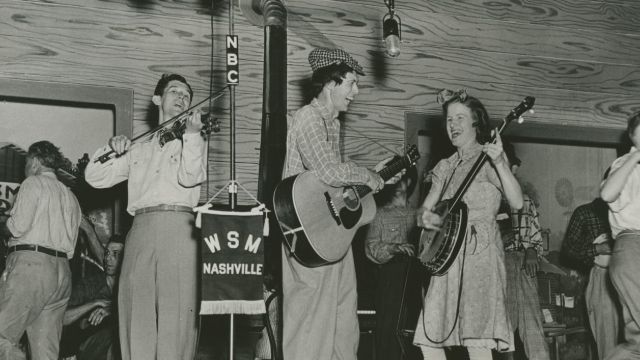ComingSoon.net is counting down our ten favorite documentaries from Ken Burns, who remains the prime source for compelling and informative accounts of America’s history. Check out our choices in the gallery below!
Perhaps the most notable television documentary filmmaker, Ken Burns and his iconic style remain almost as recognizable as the subjects he covers. In fact, the director has even managed to coin the term “Ken Burns effect,” which is a way of editing a documentary where the frame pans across or zooms in and out of a photo instead of keeping the frame as still as the photograph itself. It’s a fluid motion, one that was created by him and replicated by many.
It seems that no subject is off-limits for Burns. He’s covered wars, sports, athletes, presidents, musicians, and political movements with the same amount of grace and respect across the board. With no shortage of material, let’s take a look at what Burns has done best.
Ken Burns movies
-
The Vietnam War (2017)

Considered by most to be the director’s finest work so far, The Vietnam War is a 16 and a half hour docuseries spanning ten episodes and 150 years’ worth of history. Easily the most comprehensive and profound documentary on the subject, the film showcases unspeakable never-before-seen footage that contextualizes this disastrous war and often overwhelms the viewer with emotion. Burns’s piece—much like many other works from him—suffers a bit from its focus on the war through the lens of the United States’s involvement, but it’s still an incredibly enlightening documentary.
-
The War (2007)
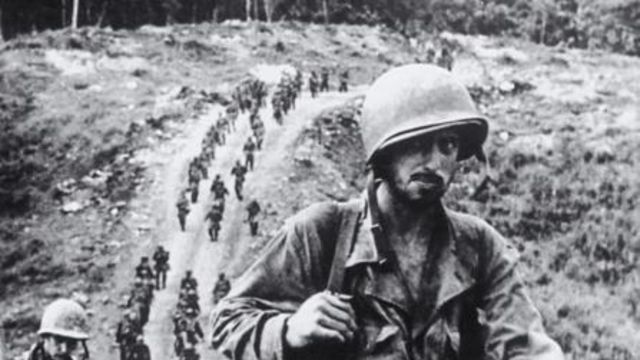
Instead of focusing on the Vietnam War, Burns’s 2007 miniseries The War takes a look at the US’s role in the Second World War. Like The Vietnam War, The War has a few hugely glaring omissions—namely the two atomic bombings and the Holocaust—but takes the same unflinching look at a global tragedy and breaks it down to an intimate level. Burns is uncritical of the US or its policies which sometimes holds the documentary back a bit, but it’s still an unprecedented documentary that gives a shockingly close look at one of the world’s worst wars.
-
The Roosevelts (2014)
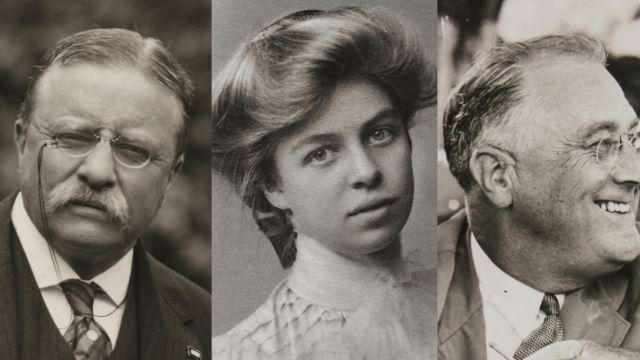
Weaving together the stories of Theodore, Franklin, and Eleanor Roosevelt, Burns shines a light on one of the most historic and monumental families in all of the United States’s years as a nation. Beginning in 1858 with the birth of Theodore and ending in 1962 with the death of Eleanor, The Roosevelts utilizes historical recreations, archival footage, and talking head-style interviews to tell this family’s story. Burns has homed in on few subjects so closely as he does here.
-
The National Parks (2009)
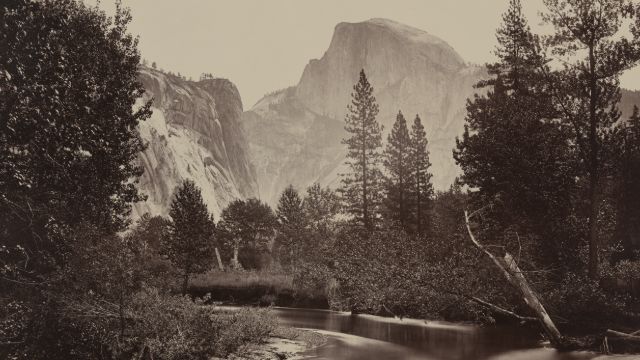
One of the most unique aspects of the United States is its National Parks system. America was the first country to develop the concept of a National Park, so the documentary’s 150-year-long history lesson is one for the ages. By the time the six episodes are done, you’ll practically be planning a cross-country road trip.
-
The Dust Bowl (2012)
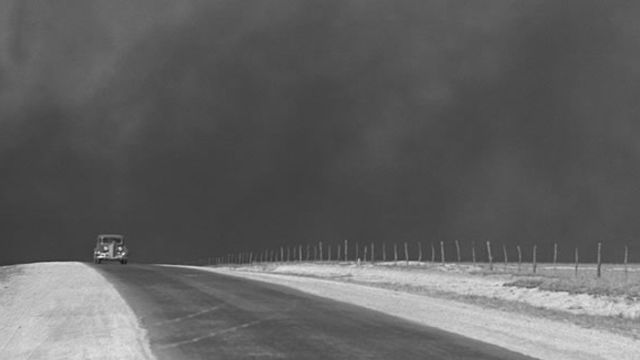
Ken Burns typically chooses to cover international subjects through an American lens, so how does he cover the Great Depression, one of the most important times in the nation’s history? Here, he chooses to take a look at the 30s by focusing exclusively on the American prairie—a huge chunk of land in the middle of the country that essentially turned from luscious cropland to unlivable dust. It’s no surprise that a docuseries about dust tends to be a little dry, but Burns always manages to keep things interesting more often than not.
-
Prohibition (2011)

Another aspect of the early 20th century in America is the Prohibition, a time where the production, consumption, and distribution of alcohol was illegal. Burns’s 2011 documentary on the subject is much shorter than much of his other work, only three episodes totaling just over five hours, but there’s no lack of coverage here. From the constitutional amendment’s inception in 1920 to its eventual removal in 1933, Burns’s Prohibition touches on everything.
-
Baseball (1994, 2010)

One of Burns’s more popular documentaries is simply titled Baseball. Showcasing the history of America’s pastime from its early years to its introduction of black athletes to its relationships between athletes and coaches, 1994’s Baseball is any sports fan’s dream docuseries. Plus, Burns came back in 2010 to cover the rest of the 90s and the duration of the first decade of the 21st century.
-
The Central Park Five (2012)
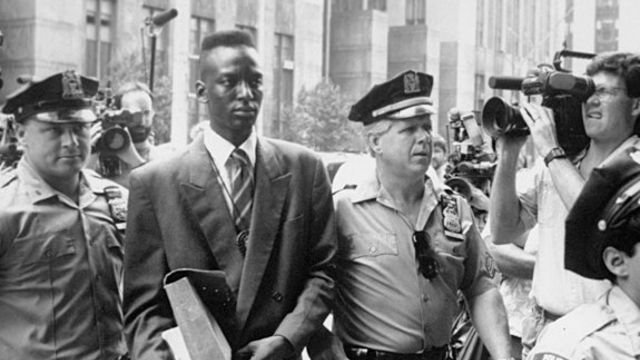
Clocking in at just two hours, Ken Burns’s 2012 documentary The Central Park Five is simply a feature-length documentary instead of a television show like much of his other work. It takes a look at the five black and Latino teenagers who were falsely convinced of sexually assaulting a white woman in Central Park back in 1989 and the aftermath of their sentencing when the real perpetrator confessed. It’s one of the most shameful cases in the history of the American justice system, but Burns handles it well with his signature touch.
-
Mark Twain (2001)

At this point, it should be clear that Burns is interested in covering Americans and Americanized subjects more than anything else. With this in mind, it’s obvious why he would want to cover one of America’s most acclaimed authors. Like The Central Park Five, Mark Twain is simply a feature-length documentary instead of a series. Unlike The Central Park Five, this one clocks in at nearly four hours.
-
Jackie Robinson (2016)

This one’s just a two-parter, but it deserves to exist in its own right outside of the context of his 1994 series Baseball. Jackie Robinson is perhaps the most important player in the history of baseball, right up there with Babe Ruth and Mickey Mantle. But what sets Robinson above even the best baseball players is his game-changing role as the game’s first black major league player. Burns makes sure to make this clear, giving a complete and informative biography of the important American icon.
